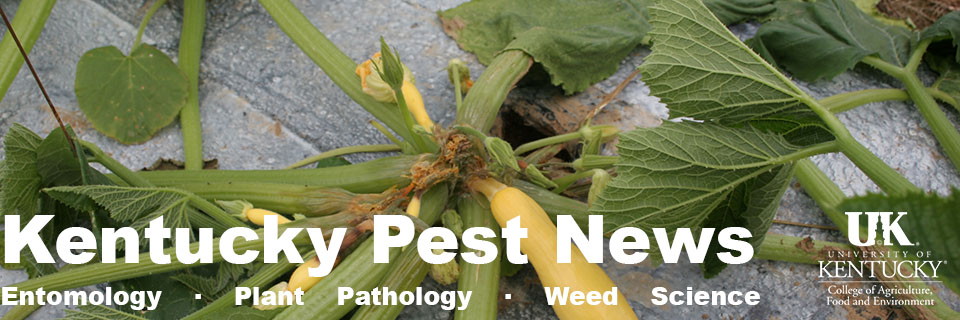While it may seem like spring is a long way off, one way to ward off those winter blues is to starting planning for this year’s vegetable garden. There are many items to consider when planning a garden. The decisions…
Monthly Archives: January 2018
Elongate Hemlock Scale
The elongate hemlock scale is an armored scale that can be a serious pest of hemlock (Tsuga spp.). Infestations can also develop on over 40 species of native and exotic conifers, including Douglas fir, pine, and yew. Damage Elongate hemlock…
Firewood Insects
You may notice sawdust piles developing on or under firewood that has been indoors for several days. You may even find some insects that have emerged from them. While this may be alarming, these are not rare events and seldom…
Cattle Lice
Lice may be the reason for cattle scratching to the point of rubbing off large patches of hair or creating raw sores. The biting and sucking lice that infest cattle are most numerous and active during winter and can spread…
Ordering Seeds for Vegetable Gardens
Cool temperatures and the constant threat of snow may make it feel like spring couldn’t be further away, but planning for spring gardens begins during winter months when seeds are ordered. Looking through a seed catalog, store rack, or online…
Blackberry Rosette (Double Blossom)(PPFS-FR-S-03)
Blackberries are a favored fruit grown for both home and commercial production in Kentucky. A significant challenge, however, is the presence of several fungal diseases that require careful cultivar selection and management during the growing season. Blackberry rosette, also known…
Revised Labels for Dicamba Products and Mandatory Training Requirements
In October 2017, the Environmental Protection Agency (EPA) approved revised labeling for new formulations of dicamba products that are marketed as Engenia (BASF), Xtendimax (Monsanto), and FeXapan (DuPont). These new herbicides were developed in conjunction with the release of dicamba-tolerant…
